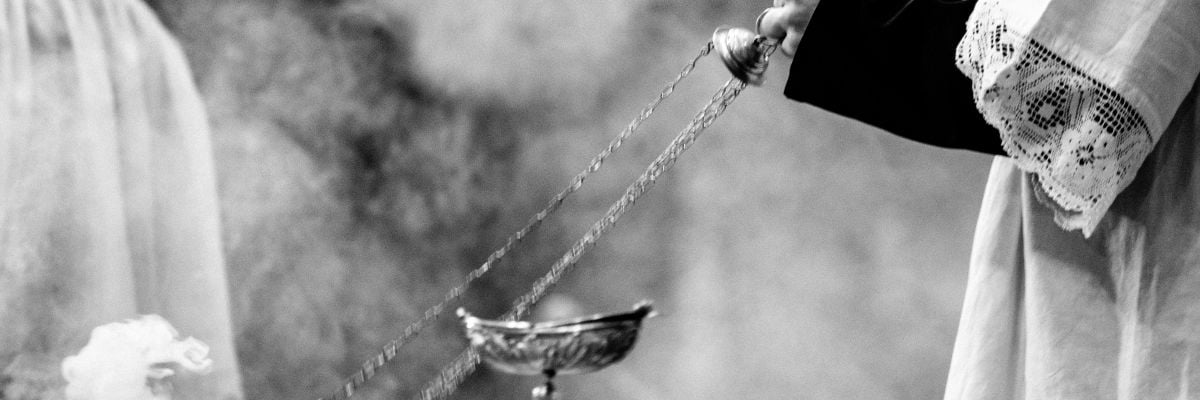Got what wrong?
Restricting altar serves to males is a discipline not a doctrine. Disciplines can change as times change
I'm not very knowledgeable about this but here are some personal thoughts from bit of research..
In the Church there are three major clerical orders - bishop, priest, deacon. These are biblical.
s the article notes "
Jesus Christ gave his Catholic Church the power to bind and loose (Matt. 16:18-19; 18:15-18), which includes liturgical disciplinary matters such as permitting or not permitting female altar servers."
In early time there were four 'minor' orders introduced - porter, lector, exorcist, and acolyte (though I hadn't heard about porter until I researched this). They were seen as steps on the way to the priesthood and therefore, since only men could be priests they were not appropriate for women. These four minor order were all mentioned in a letter by Pope Cornelius to Fabian of Antioch in 252.
"
The office of altar server was created around a thousand years ago so there would be a group of people who could stand in for acolytes when none were available. Today that is the case in most parishes, and therefore the position of altar server has come to predominate at most Masses."
There is a distinction between the two, and the office of acolyte is reserved to men alone. Canon 230 §1 says: “Lay men whose age and talents meet the req...

www.catholic.com
I assume that since only men could be acolytes, only men could stand in for them when one was not available, although alter server was not an ordained ministry like the acolyte.
Moreover most offices in society were only open to men. But times change and as society has opened up to women taking up offices so the Church has opened up to women taking up a prominent role in the Church and in it's liturgy.





